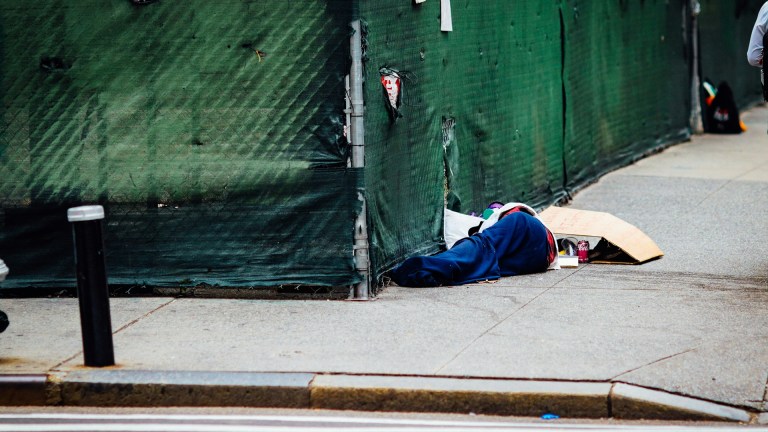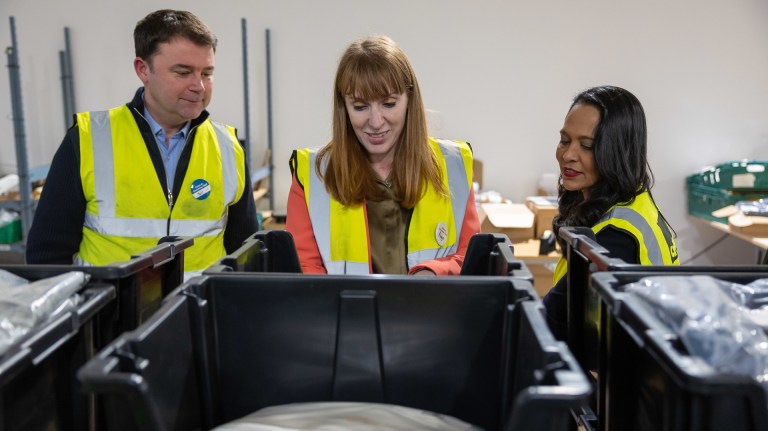Centrepoint said based on the new data, which was obtained through Freedom of Information requests to local authorities, it expected 23,000 young people to face homelessness this Christmas.
The charity’s helpline has seen a stark increase in calls in the last few months with many young people forced to sleep rough, it added.
The research also revealed young people struggled to access the support they were entitled to when approaching their local authority under the Homelessness Reduction Act.
Centrepoint said 28 per cent “did not receive the initial assessment they are entitled to” up from 21 per cent not assessed the year before.
The charity warned back in October that youth homelessness was “a real, real issue” as the furlough scheme came to an end and work dried up. Experts have also warned the young “hidden homeless” are being left with nowhere to turn as a result of Covid restrictions outlawing sofa-surfing with friends and family.
Noblet said ministers needed to provide financial backing to local authorities so they could adequately support young people experiencing homelessness, despite the Government claiming it has invested £700 million to tackle homelessness and rough sleeping this year alone.
Noblet added: “We’ve heard from dozens of young people who are no longer able to sofa surf due to social distancing laws.
“Some have been told to sleep rough in order to ‘prove’ their homelessness in order to qualify for support, and some are left to choose between inappropriate all-age shelters or a night on the streets.
“That means central government providing the financial backing local authorities need year after year in order to not only support those without a safe place to stay this Christmas but also to prevent young people becoming homeless in the future.”
A spokesperson from the Ministry of Housing, Communities and Local Government said: “We’re investing £700 million to tackle homelessness and rough sleeping this year alone and our Homelessness Reduction Act has helped over 270,000 households who were homeless or at risk of homelessness into more permanent accommodation, since it came into force in 2018.
“During the pandemic, we’ve taken unprecedented action to prevent people getting into financial hardship by helping businesses to pay salaries, boosting the welfare safety net and extending furlough. We’ve also changed the law to put in place 6-month notice periods and banning the enforcement of evictions except in the most serious cases until the New Year.
“Our work is ongoing and the Spending Review provides an additional £254 million funding to help tackle homelessness and end rough sleeping altogether.”









